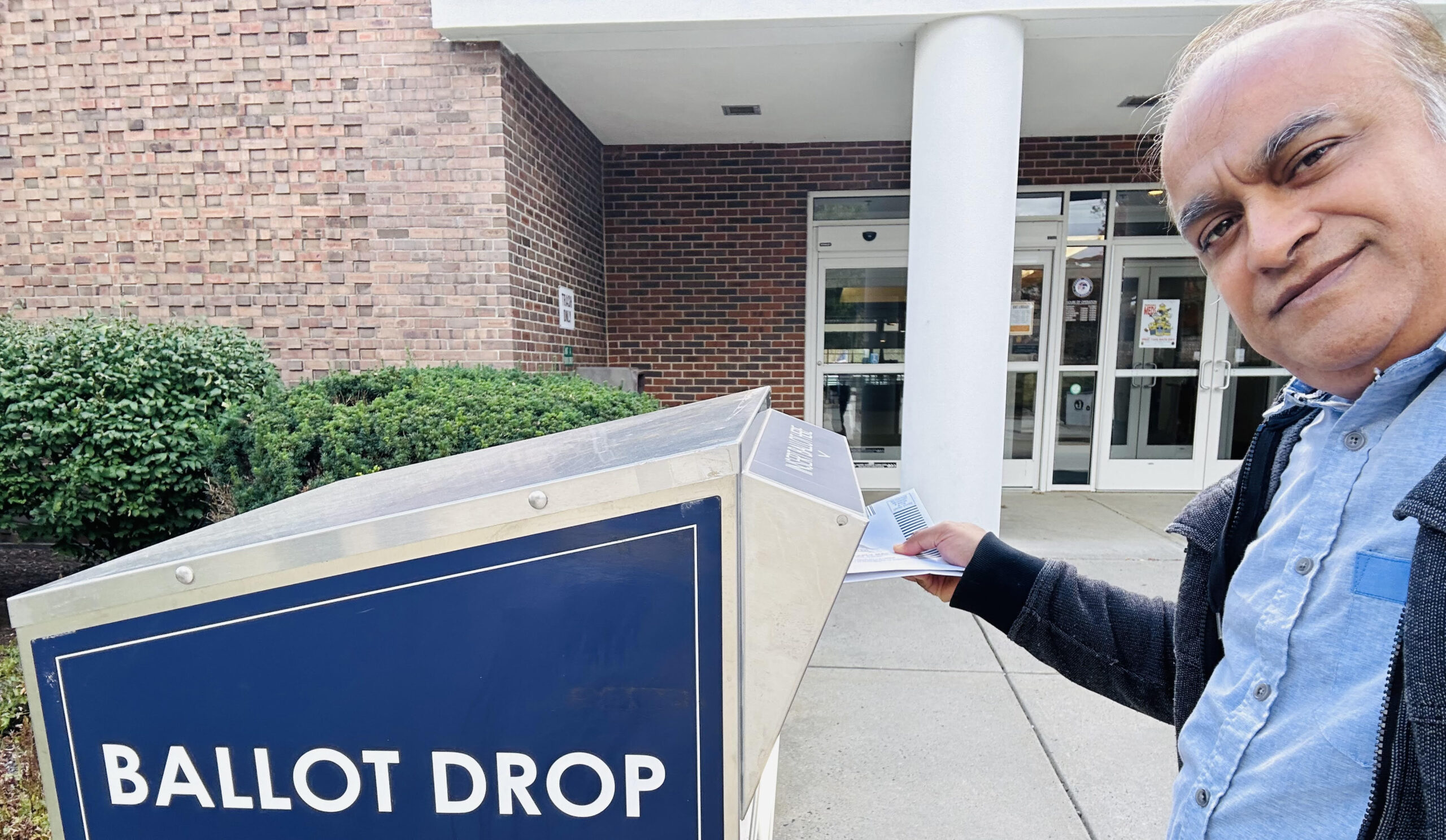
In contemporary discourse, political discussions have become increasingly divisive, creating rifts within families, friendships, and even among church communities. The heightened polarization and the toxicity of political conversations are both concerning and unsettling. As people of faith, we must ask: Does God desire such division within His people? This essay, written from the perspective of both a Christian and a theological educator, aims to offer a brief, hopefully thoughtful reflection on how believers should approach voting.
A phrase I recently encountered is, “I do not want you to lean left or right, but I’d like you to go deep.” This sentiment encapsulates a profound truth for Christians navigating the complexities of political engagement. In another instance, a pastor who preached on a pressing community issue—one entangled in the nation’s political discourse—was reprimanded by a church leader who followed him to the parking lot. The leader’s rebuke was clear: the pastor should avoid addressing such issues from the pulpit. The pastor’s response, asking, “What would Jesus do?” was met with this unsettling reply: “Pastor, please leave Jesus out of this.”
These two examples illustrate the tensions that arise when faith intersects with politics. However, they also highlight the need for Christians to approach voting with a depth informed by their understanding of the gospel. Rather than avoiding the implications of faith in the public square, Christians should consider how their political participation, including voting, reflects a commitment to Christ and the teachings of Scripture.
While the Bible does not offer explicit instructions regarding the act of voting, it provides guiding principles such as stewardship, justice, prayer, and respect for authority among others. These values that I mention can shape the way Christians approach voting, helping them make informed and wise decisions. I offer three and they are:
Voting as Stewardship and Responsibility
The biblical concept of stewardship is central to a Christian’s role in society. Scripture teaches that believers are called to be good stewards of all they have been entrusted with, including their societal influence. Luke 12:48 reminds us that “to whom much is given, much will be required.” Voting, therefore, is not merely a civic duty but also an opportunity to exercise responsible stewardship. By participating in elections, Christians can help shape policies and leadership that promote values such as justice, mercy, and the common good.
Acting in Love and Unity
In addition to stewardship, Christians are called to embody love and unity in all their actions, including voting. Jesus’ command to “love one another” (John 13:34-35) and Paul’s exhortation to “make every effort to keep the unity of the Spirit” (Ephesians 4:3) provide a framework for political engagement. Voting should be done in a spirit of love, always mindful of the well-being of others, especially those who are vulnerable.
The vulnerable in today’s society include those who lack power, resources, or access to justice. This group might encompass the elderly, victims of human trafficking, the homeless, and individuals affected by systemic inequalities. A Christian approach to voting, therefore, involves considering how policies and candidates will impact these marginalized groups.
Seeking Justice and the Common Good
The pursuit of justice is a key biblical mandate. Proverbs 29:2 declares, “When the righteous are in authority, the people rejoice; but when the wicked rule, the people mourn.” Voting provides an opportunity to advocate for justice and to care for those on the margins. Micah 6:8 further emphasizes that God requires His people to “do justice, love mercy, and walk humbly” with Him. Christians, through their votes, can promote the common good, reflecting God’s heart for justice, compassion, and righteousness.
Conclusion
As Christians prepare to vote, they are called to approach this act with deep reflection and responsibility, guided by the teachings of Scripture. Political engagement should not be avoided or detached from one’s faith; instead, it should be an expression of it.
By going “deep” into our faith and bringing all of life, including politics, under the gospel, We, Christians can ensure that our voting decisions reflect the values of justice, stewardship, love, and unity that are central to the Christian life. In doing so, we not only fulfill our civic duties but also bear witness to the transformative power of the gospel in all aspects of life. God bless!